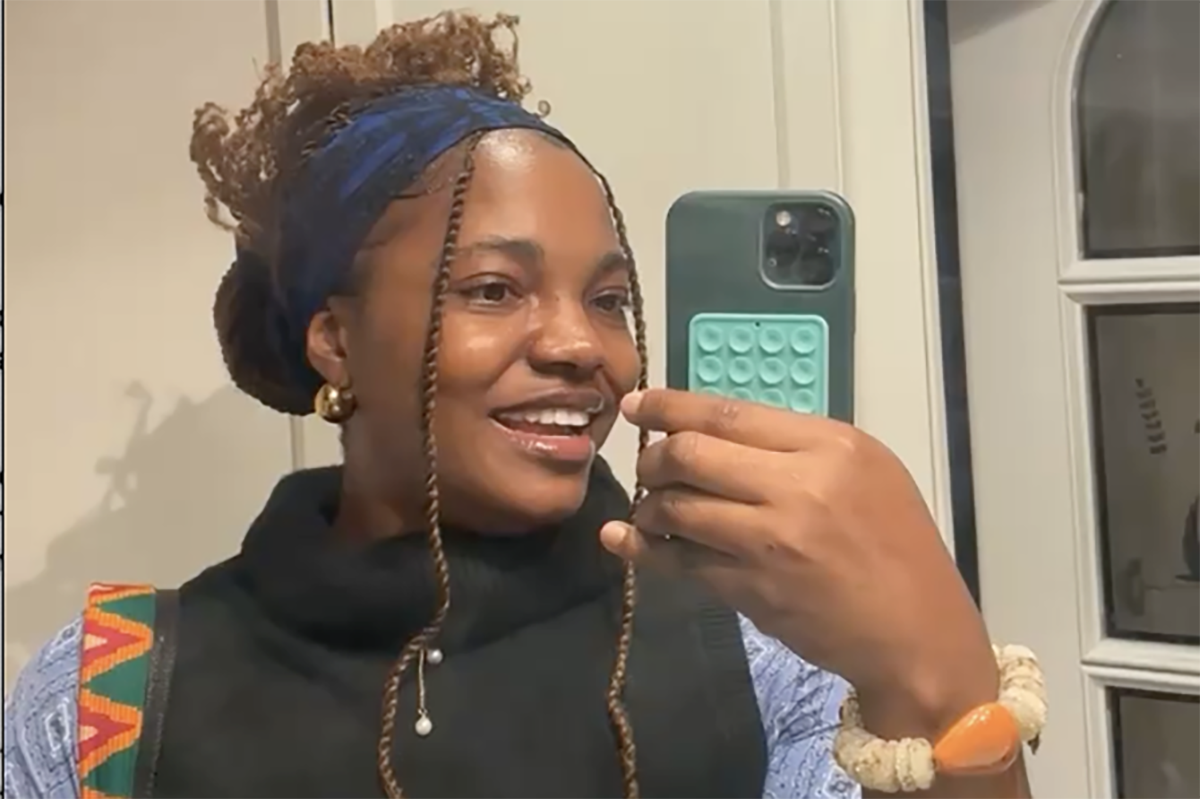Do You Believe What You See?
March 16by Monica Islam
It is often said that “seeing is believing”. Some people turn atheists or disbelievers when they cannot “see” God. With such a notion in mind, we look around us and form conclusions. This includes the act of watching television. Once, I watched a short film on women empowerment and I almost believed in and admired what I saw. But upon careful examination, I realized that not everything that we see is to be believed. Women empowerment is a buzzword nowadays but we need to be more analytical when observing anything related to this term or to feminism.
The film starts with a visual clip of flying, long hair. Now I have a problem with this. This, I feel, is catered to the male gaze. Long hair is stereotyped as being central to womanhood, at least in the South Asian culture. This brings me to another advertisement for Parachute Coconut Oil, which needs to be banned or, at least, called out for being ridiculously sexist. In the advertisement, a woman is chastised by her mother for having short hair! The woman smiles and takes off her wig of short hair and says that the oil is responsible for her long, shiny hair. Notice how the focus is on having long hair and not on healthy hair. Since ancient times, long hair is championed as a sign of femininity. But who sets these rules? It’s time we stop shaming women with short hair in popular culture.
Coming back to the short film, it states that it is a woman’s choice to have sex outside of marriage. This promotes adultery among women. These same feminists would raise a hue and cry if a man was committing adultery. This is an embodiment of “double standards” that we so love to hate! Furthermore, the short film asserts that it is a woman’s choice to love temporarily or to lust forever. This is sexually objectifying women, as if they are mere sex objects. Homi Adajania, the film-maker, comes across as hypocritical. Formerly, he made a feature length film titled Cocktail which demonized alcoholic women as incapable of having a stable family.
It is a woman’s choice to do multiple things that are portrayed in this short film, but is it a healthy choice? We need to respect people’s choice but we also need to remember that choice is not absolute. We need to consider the collective impact of our choices and we need to take responsibility for our choices. We need to be held accountable for our choices. Lastly, our choices should not be weighed against male standards or pedestal. For instance, if a man can smoke, so can the woman, but is it healthy to smoke? This is a question for all genders. A woman must not emulate a man in everything. Being manly is not the aspiration for women.
To conclude, this short film starts a war between men and women. This is definitely not women empowerment.
What do you think?






